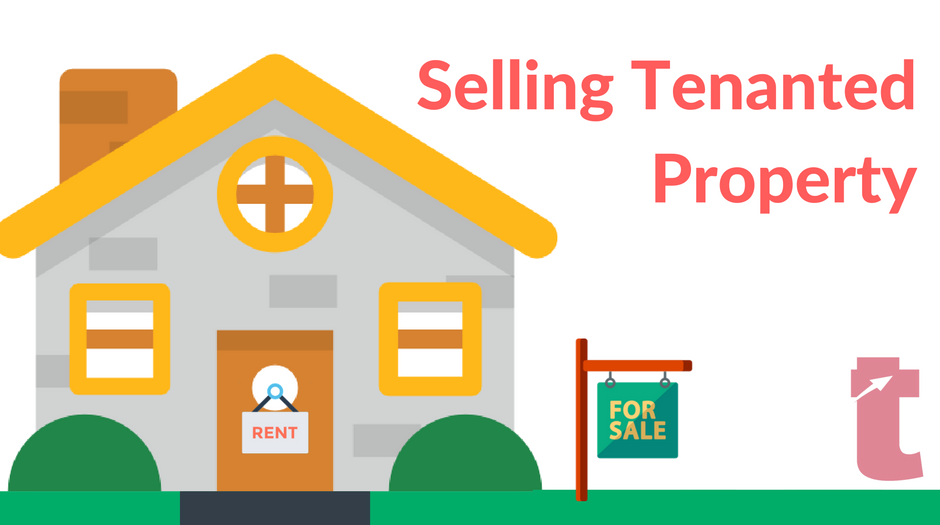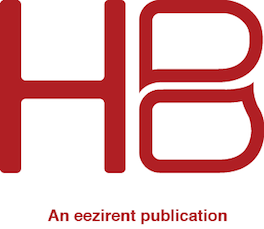
18 Jun Selling your investment property
When you make the decision to sell your property investment, it is important to be aware of the legislative protocols involved. A good sales agent should be aware of these, but often their focus is on the sale and not on the tenancy. Failing to follow the correct procedure can affect the sale contract process and cost you money. If you are going to use an agent to sell your investment property, audition them by questioning how they handle selling tenanted properties and their knowledge of the rules involved.
The specifics of state guidelines will be discussed later, first let’s look at the basic points that cover all locations.
Communication
Rule number one in selling a rented property is to maintain clear communication with the tenant. Regardless of the legislative guidelines, the inspection and sale process will only run smoothly with the co-operation of the tenant. This is more likely to happen if the tenants are fully briefed on the situation and their privacy is respected. Stress this to the sales agent. The situation is not the same as selling an ‘owner occupied’ property, where it is often possible to conduct inspections at very short notice. The sales agent must follow the agreed arrangements.
Status of the lease
It is important to know the status of the lease. If a fixed term lease is in place, the tenant has the right to remain in the property until the end of the lease – even if the property is sold. It is not correct to think that the lease lapses because of the change of owner. It may be possible to negotiate for vacant possession if you require it, or the tenant may prefer to leave. Such and outcome needs to be put in writing and signed by both parties.
If the lease is periodic, then it may be possible to provide ‘vacant possession’ to the new owner. In this instance it is vital to calculate the correct notice period for terminating the lease, so that it synchronises with the settlement date if necessary. You will need to allow a few days between the vacate date and the settlement date to ensure the tenant meets their obligations for leaving the property clean and tidy.
Photos and inspections
The tenant’s right to privacy and ‘quiet enjoyment’ does not lessen because the property is for sale. The tenant may object to having personal possessions included in photographs or video footage – this is their right. If the tenant does object, ask them what their specific issue is and try to work around it. The concerns are usually around possessions such as audiovisual and computer equipment. It should be possible to take internal photographs without the focus being on such items. Using a professional photographer is worth the investment.
The best way to deal with access for inspections is to plan a schedule of open homes, rather than have inspections by appointment. With this approach, tenants can plan their activities around the inspections. This is another point to raise with the sales agent. Best practice is that there should be no unaccompanied inspections on tenanted properties to protect the belongings of the property. This means that the sales agent ought to accompany people as they move through the property.
State by state rules
ACT: Inspection arrangements are to be agreed with the tenant. 24 hours’ written notice must be given for each inspection. 8 week’s written notice for vacant possession.
NSW: Inspection arrangements are to be agreed with the tenant. If agreement cannot be reached, no more than two inspections can be conducted in a week, and 48 hours’ notice must be given. 90 day’s written notice for vacant possession.
NT: 24 hours’ notice must be given for inspections, and the “Landlord must be reasonable about the amount of inspections.” 42 day’s written notice for vacant possession.
QLD: If the property is put up for sale during the first two months of a fixed lease, and the tenant was not given written notice about this prior to signing the lease, the tenant has the option of terminating the lease with two weeks’ notice.
A Form 10 Notice of Lessor’s Intention to Sell Premises must be issued when the property goes on the market.
Arrangements for the taking of photographs, inspections and onsite auction must be in writing. Form 9 Entry Notices must be issued for each inspection. Four week’s written notice for vacant possession.
SA: Inspection arrangements are to be agreed with the tenant. Suggested guidelines are one open inspection per fortnight, giving at least four days’ notice and two inspections per week, by appointment only, giving at least 24 hours’ notice. 60 days written notice for vacant possession.
TAS: Accompanied inspections can occur at any time with the agreement of the tenant. If an agreement cannot be reached, inspections by prospective purchasers can only occur:
- in the company of the owner
- between 8 am and 6 pm
- with 48 hours written notice
- on not more than 5 occasions in any week; and
- on not more than 1 occasion per day
28 day’s written notice for vacant possession
VIC: Inspection arrangements are to be agreed with the tenant. 24 hour’s written notice must be given for each inspection. 60 day’s written notice for vacant possession – the tenant can move out before this end date by
issuing a Notice of Intention to leave giving 14 days’ notice.
WA: Inspection arrangements are to be agreed with the tenant and should take into account the tenant’s convenience. They can be conducted and ‘any reasonable hour and on a reasonable number of occasions after giving reasonable notice.’ Despite their fondness for the term, no definition of reasonable is provided. 30 day’s written notice for vacant possession
Ultimately, tenants cannot prevent the sale of a property. Even under a fixed term lease, a tenant cannot say “I have a lease, I am not letting you sell the property.” A tenant cannot prohibit the taking of photos, the conducting of inspections or the installation of a for sale sign. You don’t want to end up in dispute resolution or the Tribunal to achieve these things. This is why a courteous and inclusive approach to the tenants usually ensures a positive outcome for all.



Sorry, the comment form is closed at this time.